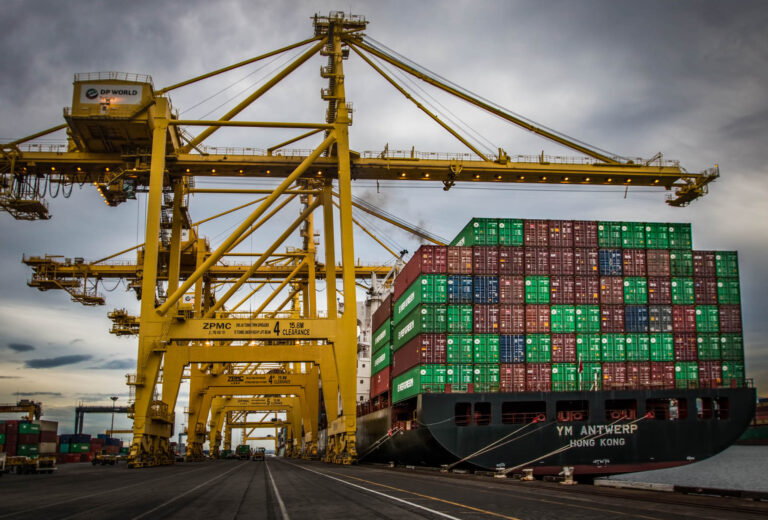The federal government has been shut down for two weeks, and it is having major impacts on workers.
Perhaps the most immediate concern, as the Miami Herald notes, is that Friday marks the first “post-shutdown paydays . . . for a large chunk of the federal workforce,” meaning “government employees are bracing for a sudden drop in income.” To address concerns about furloughed workers losing a substantial amount of compensation, the House of Representatives passed a bill providing backpay for time missed during the shutdown – but excepted and furloughed workers alike would not receive this backpay until the shutdown is resolved. As a result, many government employees are “slashing expenses, canceling vacations, tapping retirement savings and taking second jobs.”
At the same time, thousands of employees of “[a]t least four agencies” have been ordered to return to work. For example, this week, Secretary of Defense Chuck Hagel ordered most of the Pentagon’s 350,000 furloughed civilian employees back on the job – with on-time pay due to the Pay Our Military Act signed by President Obama on September 30th – because they are needed to support the readiness of the military. Hagel’s action reduced by about nearly half the total number of federal civilian employees who remain furloughed.
Yet, the absence of the workers who continue to be furloughed has been felt across the nation. Virtually all employees of the National Labor Relations Board – 1,589 out of 1,600 – have been furloughed, “delaying union elections and stalling the investigation of unfair labor practices.” Approximately two-thirds of the employees at the Centers for Disease Control and Prevention (CDC) have been furloughed, causing difficulties for the agency as it tries to respond to a salmonella outbreak that “has sickened 278 people in 18 states.” Because of the shutdown, “CDC’s ability to monitor and maintain its surveillance system for the 30 clusters of illnesses it was already tracking took a major hit.” The CDC has “now brought back 30 furloughed employees in its foodborne division to help handle the outbreak.”
It is not only federal agencies and programs that are affected. In Washington, D.C., the shutdown limits the city government’s ability to “spend its locally raised funds, including sales and property taxes, in addition to federal funds.” Mayor Vince Gray has deemed all municipal employees exempt, but the the city is rapidly depleting its “$144 million contingency reserve fund” and “is conserving its cash by skipping many of its bills.” Nonprofit service organizations that depend on federal funding streams have furloughed or reduced the hours of many employees as well, while businesses that depend on federal licensing or access to or patrons of national parks – in the capital and across the country – simply cannot operate.
Nonetheless, some federal employees remain largely unaffected: in the midst of the shutdown, ten U.S. senators have decided not to furlough any members of their staffs at all.






Daily News & Commentary
Start your day with our roundup of the latest labor developments. See all
December 12
OH vetoes bill weakening child labor protections; UT repeals public-sector bargaining ban; SCOTUS takes up case on post-arbitration award jurisdiction
December 11
House forces a vote on the “Protect America’s Workforce Act;” arguments on Trump’s executive order nullifying collective bargaining rights; and Penn State file a petition to form a union.
December 8
Private payrolls fall; NYC Council overrides mayoral veto on pay data; workers sue Starbucks.
December 7
Philadelphia transit workers indicate that a strike is imminent; a federal judge temporarily blocks State Department layoffs; and Virginia lawmakers consider legislation to repeal the state’s “right to work” law.
December 5
Netflix set to acquire Warner Bros., Gen Z men are the most pro-union generation in history, and lawmakers introduce the “No Robot Bosses Act.”
December 4
Unionized journalists win arbitration concerning AI, Starbucks challenges two NLRB rulings in the Fifth Circuit, and Philadelphia transit workers resume contract negotiations.